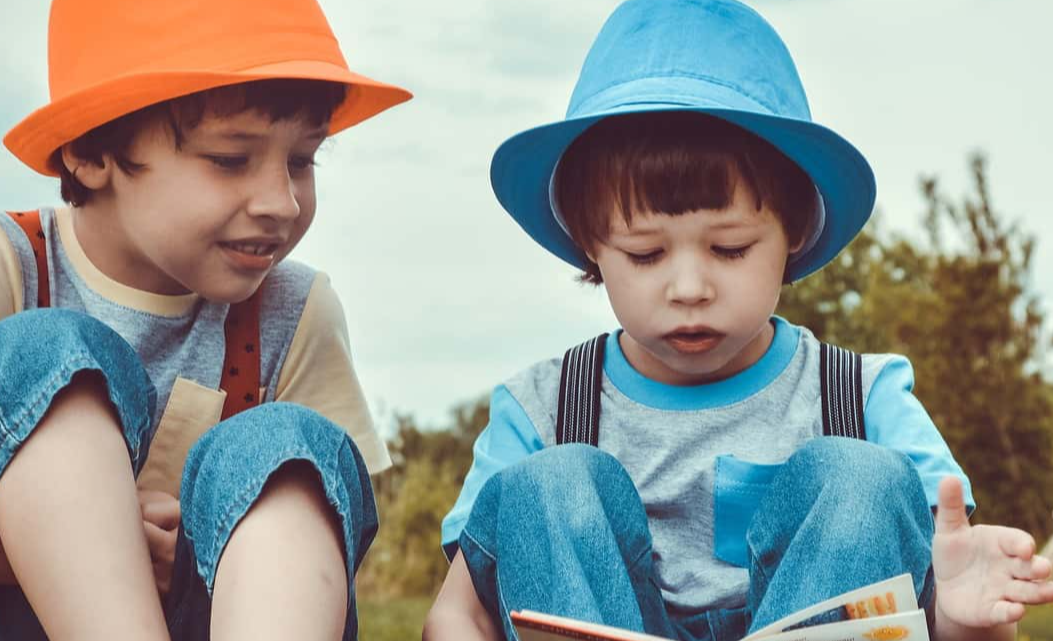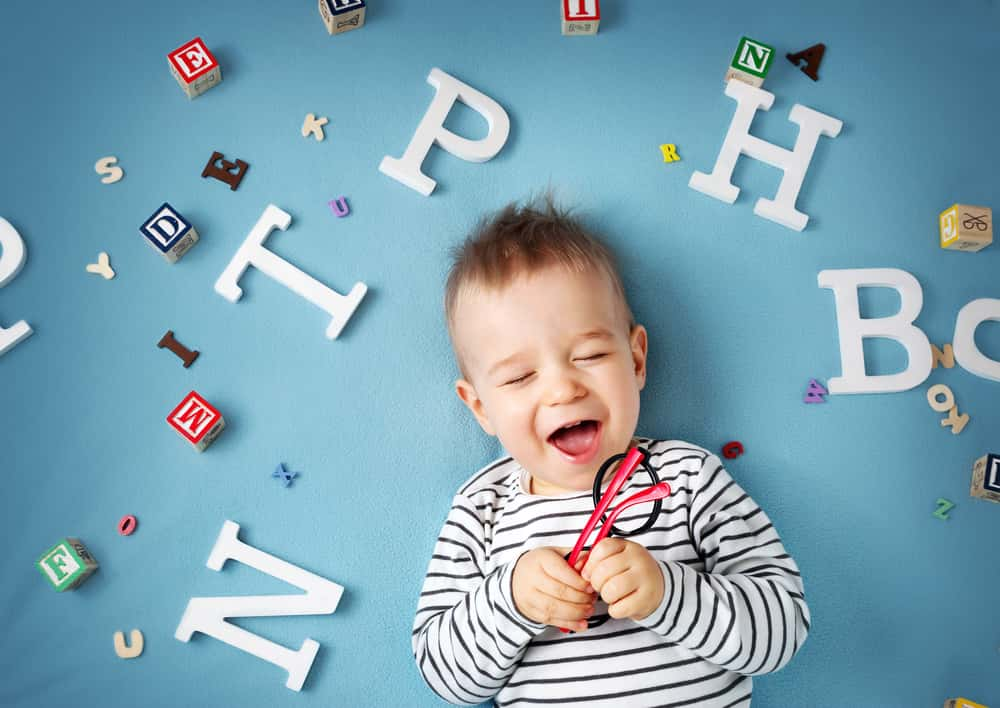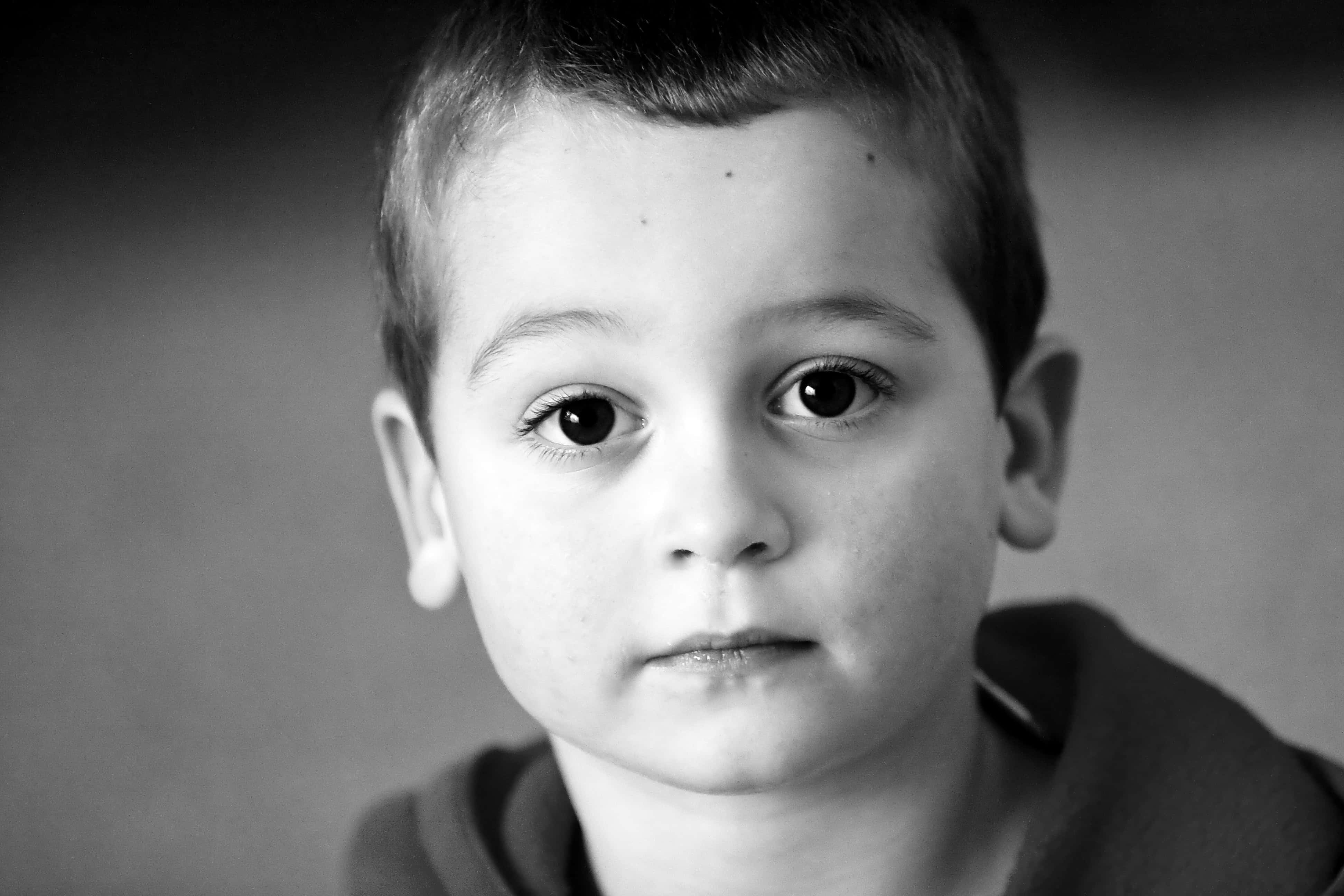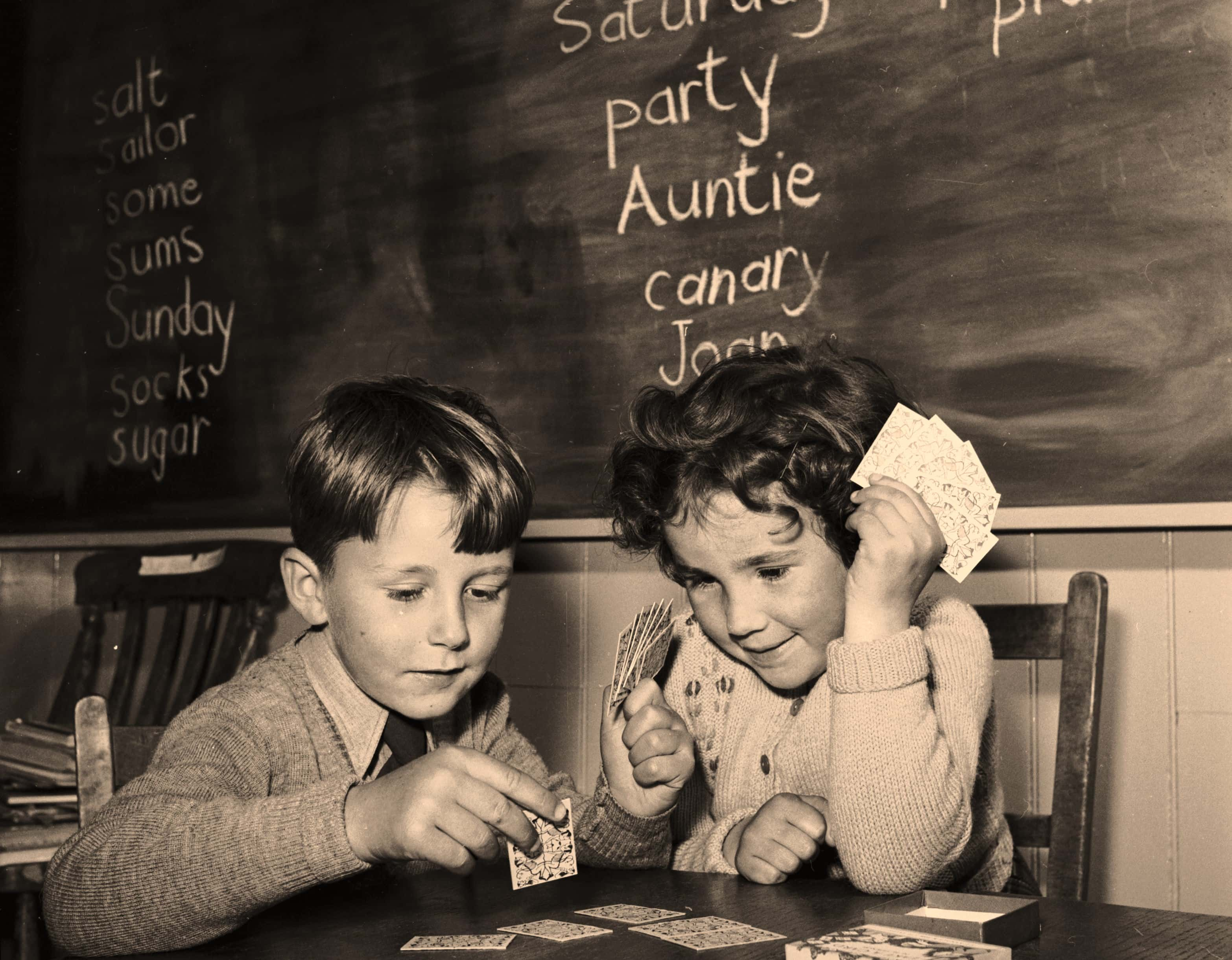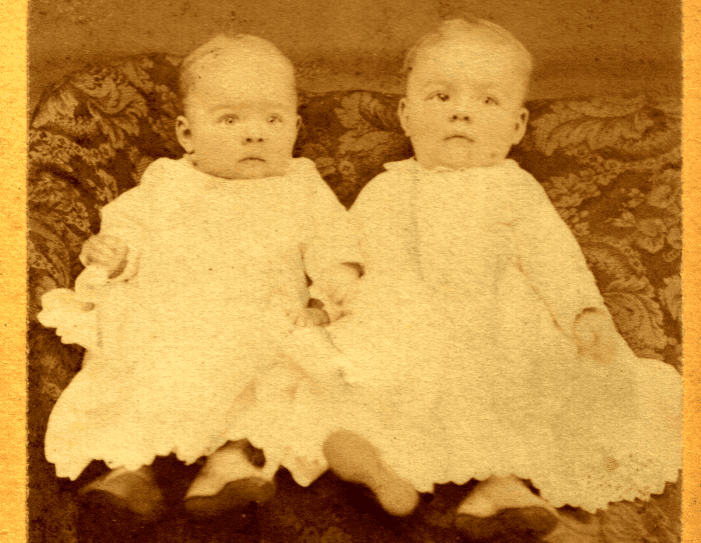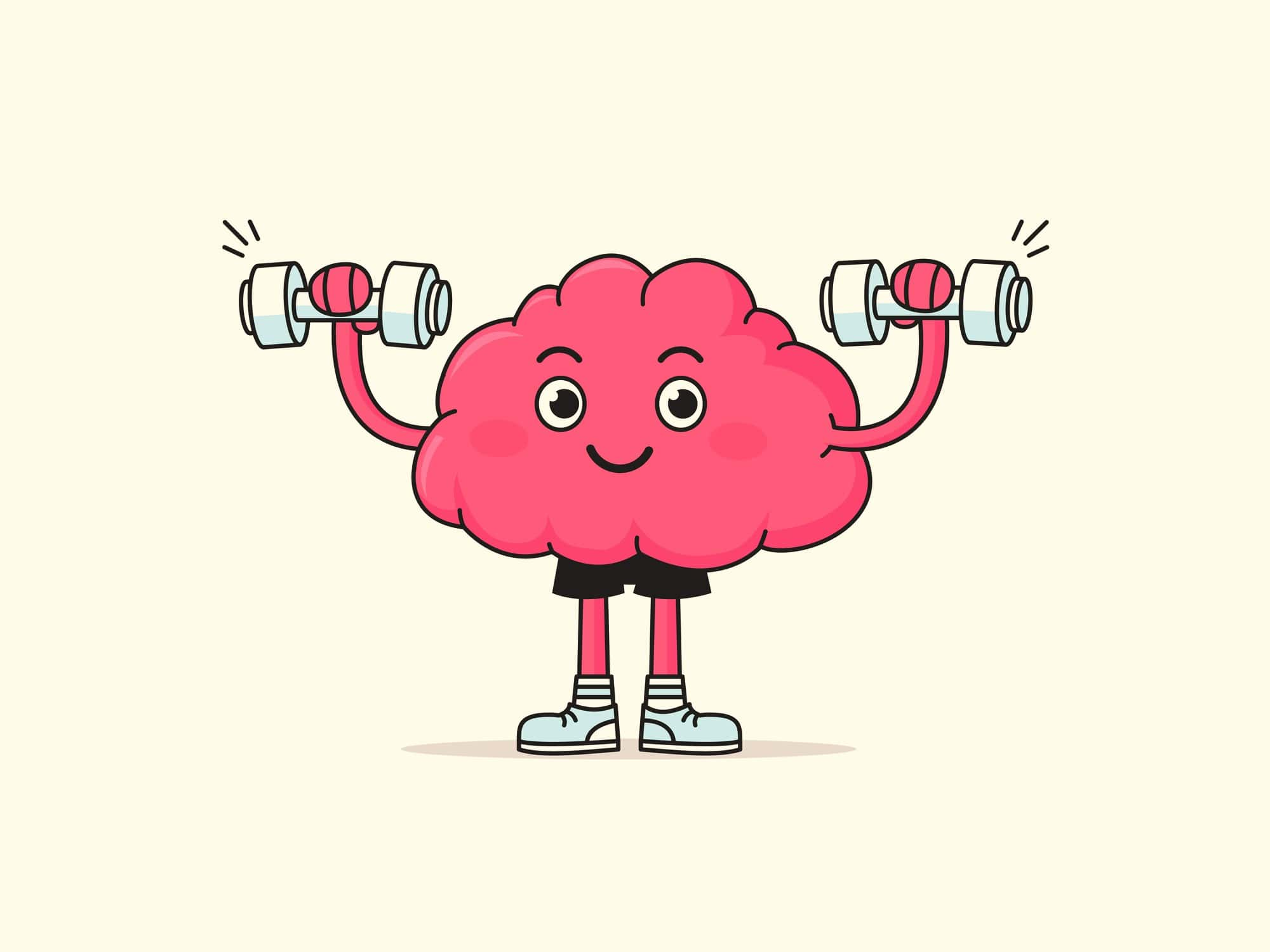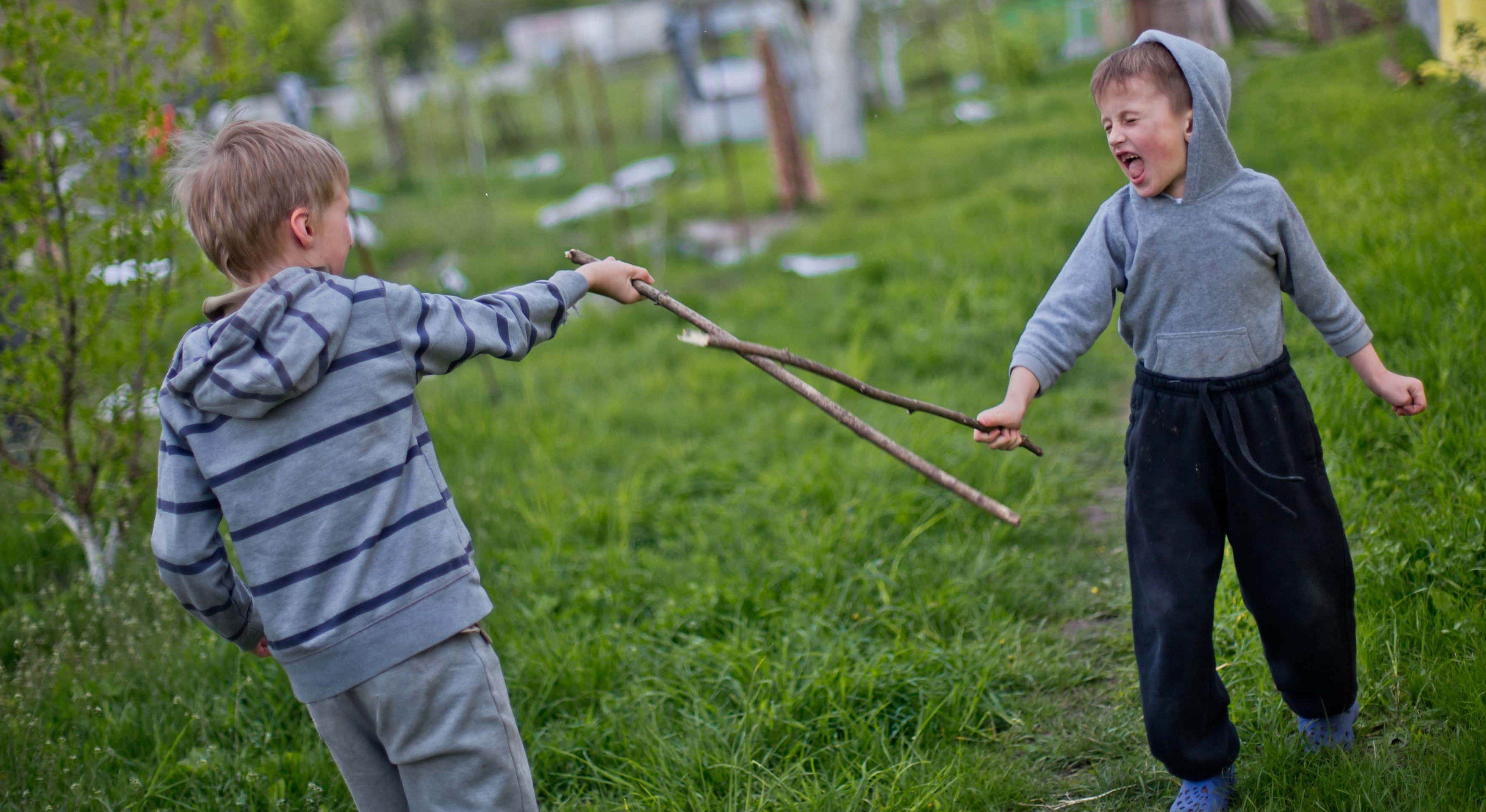“At the beginning of all growth, everything imitates. All of us, when we were children, also only imitated. But children grow up and begin their own development.” - Pramoedya Anata Toer
Children grow up so fast, milestones seem fly past in the blink of an eye. Although kids doesn’t come with an instruction manual, there are some pretty cool facts surrounding a child’s development.
28. Know How To Party
Babies and kids can laugh up to 300 times a day. Adults typically laugh at most, about 20 times a day. Time to get more in touch with that inner child, and really enjoy life like the little ones.
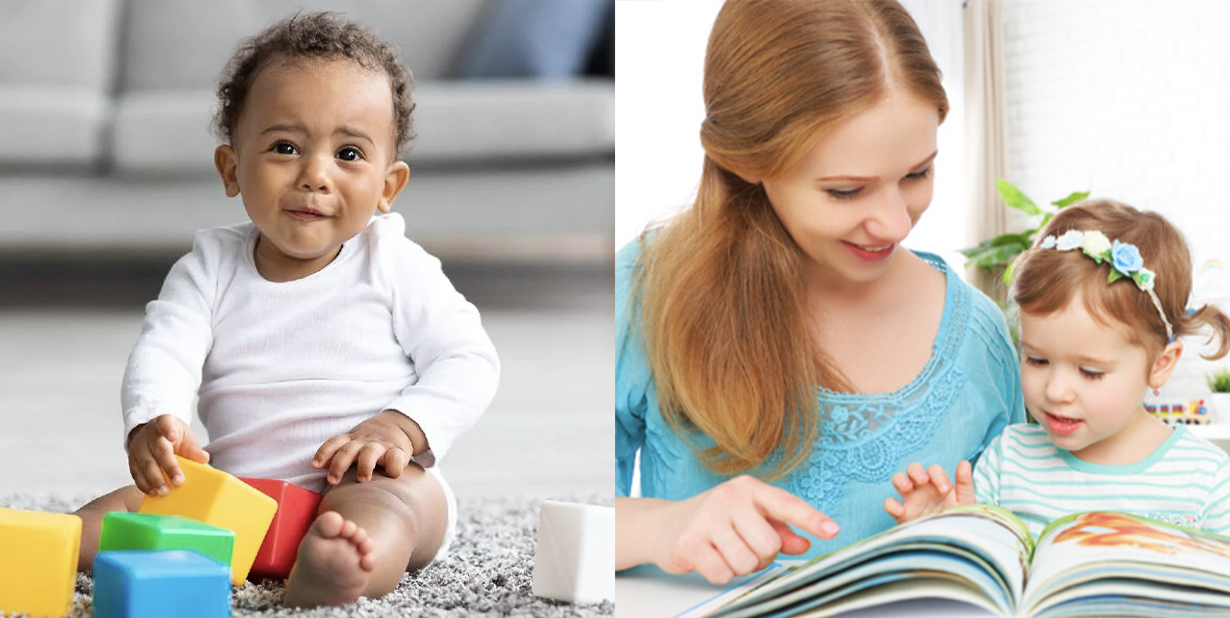
27. Racing To Grow
A child’s brain has its most dramatic growth period from birth until the age of 5. Kids learn from observation and instruction which sharpens their cognitive abilities. A kid’s brain really is like a sponge, soaking up as much info as possible.
26. Not Just Playtime
Playtime is a very powerful and necessary learning tool for youngsters. Playing is critical to a child making social connections, expanding and using their imagination, and developing language and motor skills. Time to make some play dates and break out the toys, future innovation depends on it.
25. Time To Catch Up
Babies are actually born a little underdeveloped when delivered. This is because there is only so much room in a woman’s womb. So, the first weeks of a newborn’s life, are kind of considered a ‘fourth trimester.’
24. From The Inside Out
Children actually develop from the inside out, starting with large muscle groups and systems at the center of the body. Then growth and progress gets started on smaller physiological systems.
23. Pass On The Paddle
Spanking and IQ have a deep connection, according to some experts. Children who are disciplined with corporal punishment, typically have more struggles with developing certain skills, and lower IQ points. There are also some health concerns and higher stress levels too. Maybe ‘time out’ isn’t such a bad idea after all?
22. Selective Hearing
Babies and young kids, both have a hard time figuring out and separating background noises from voices speaking. So sometimes, a toddler isn’t ignoring being called, they are just dealing with the challenge of lacking response skills.
21. Need A Conscience
The idea of right and wrong are two concepts that a child does not understand, when under the age of one. Punishing a young one who doesn’t understand these concepts is pointless.
20. Come Together
Children seem to develop best, when they have consistent contact with at least three, supportive and loving adult influences throughout their life. Positive family, friends, and community bonds are extremely important to a child’s success.

Sign up to our newsletter.
History’s most fascinating stories and darkest secrets, delivered to your inbox daily. Making distraction rewarding since 2017.
19. Another Score For The Inner Child
A baby is aware of everything around them and tried to process it all as one. An adult’s brain consciously focuses on specific things, ignoring background noise. It has been suggested that creative people have managed to think more like an infant. Peter Pan was onto something.
 Peter Pan, The Walt Disney Company
Peter Pan, The Walt Disney Company
18. Cry For Attention
Some biologists think that newborns have that shrill and annoying cry, not only to call for attention but also so parents won’t get too attached. This comes from a the belief that infant mortality was much more common during the development of our species.
17. Talk To Me
A baby’s language development can be accelerated if a parent makes an effort to respond to a baby’s vocalization more than 80% of the time. Typically, parents respond to a baby 50% to 60% of the time. It may seem like a one-sided conversation with a baby, but just because one party responds in ‘goos’ and ‘gaas’ doesn't mean they aren't communicating.
16. A Four Stage Process
Children develop their language skills in four distinct stages. First, babies babble, then toddlers use single words, then a few words, and finally young kids are able to string along multiple words and sentences together.
15. When The Time Is Right
Although child development follows certain patterns, each child develops at their own pace. A child’s development may be influenced by genetics, environmental factors, nutrition, and even parenting.
14. Cat Has The Tongue
Language is the most difficult thing a child must learn in their early development. It is also the most common skill that children fall behind on in early development.
13. Video Havoc
Studies have shown that if a kid watches more than 3 hours of videos or TV programs a day, they may have a greater chance of emotional, relationship, and conduct problems when they reach 7 years of age.
12. What Do You Mean No Crawling
In early 20th century America, infants typically wore a long gown which could cause them to trip easily when crawling. Babies would log roll or crab along on their backs as a result.
11. Chatty Cathy
Parents who speak to their babies often, typically know 300 more words than their peers, by the age of 2 years old. May the grooming for a spelling bee champion or talk show host begin.
10. Shout Out For Southpaws
There are more left-handed people in the United States than any other county in the world. 90% of children are born right-handed.
9. Where Did The Cells Go
A toddler between the ages of 1 and 2 years, will gain 2 million new brain connections every second. At 2 years of age, a child has more than 100 trillion new brain connections, or synapses. However, when a child finally becomes an adult, more than 50% of these acquired synapses disappear.
8. Don’t Stop Me Now
A child’s brain may be at it’s full physical size by the time they reach kindergarten, but brain development doesn’t slow down until their 20s.
7. Come Outside And Play
Children who spend more time playing outside have a reduced risk of becoming myopic.
6. Whoa Nelly
If a baby’s body was able to grow at the same rate as their brain, the average child would weigh as much as 170 pounds at 1 month old.
5. Plugged In
Children in the United States usually start watching and actually paying attention to TV at around 5 months old.
4. Catch A Tune
Children who enjoy playing a musical instrument or sing, greatly increase their math skills, attention span, and hand-eye coordination.
3. Tormenting Hurts
Children who endure frequent tormenting suffer from increased depression, the risk of taking their own lives, and anxiety. Tormenting stunts a child’s development, and can cause poor health and even economic problems in the future.
2. Welcome To The Other Dimension
Just after birth, your baby sees only in black and white, with shades of gray. As the months go by, your baby will slowly start to develop his color vision.
1. Working To Be A Wordsmith
By the age of 6, the average child has a vocabulary of about 13,000 words. An average adult has a vocabulary of about 60,000 words.


